While various treatments exist for depression, some individuals are exploring the use of cannabis as an alternative. Keep reading to find out about what cannabis is, how cannabis affects the brain, the benefits of cannabis for depression as well as methods of cannabis consumption.
What is Depression?
Depression is a mental health disorder characterized by persistent feelings of sadness, hopelessness, and a loss of interest in activities that one used to enjoy. It can affect a person’s thoughts, behavior, feelings, and physical well-being. Symptoms of depression include:
- Persistent feelings of sadness or hopelessness
- Loss of interest in activities once enjoyed
- Changes in appetite and weight
- Difficulty sleeping or sleeping too much
- Lack of energy and fatigue
- Feelings of worthlessness or guilt
- Difficulty concentrating or making decisions
- Physical symptoms such as headaches or body aches
- Thoughts of suicide or self-harm
How Cannabis Affects the Brain
The plant known as cannabis consists of multiple active compounds, with THC being responsible for the euphoric sensation associated with its use. Meanwhile, CBD does not produce the same psychoactive effects as THC. Upon consumption, cannabis compounds, including THC and cannabinoids, attach to cannabinoid receptors located in the brain and nervous system which are part of the endocannabinoid system. This system helps regulate physiological processes such as appetite, pain, mood, and more.
Benefits of Using Cannabis for Depression
Some of the potential benefits of using cannabis for depression include:
- Mood Enhancement – Cannabis can help improve mood and reduce symptoms of depression.
- Pain Relief – Depression can cause physical symptoms such as chronic pain, headaches, and muscle tension. Cannabis can help to relieve pain and discomfort associated with depression.
- Improved Sleep – Many people with depression struggle with sleep disturbances, such as insomnia. Cannabis can help to improve sleep quality and reduce fatigue.
Methods of Cannabis Consumption for Depression
There are several methods of consuming cannabis. Some of the most common methods include:
- Smoking – Smoking cannabis involves inhaling the smoke produced by burning the plant. This method provides fast-acting effects, but it can be harmful to the lungs and may increase the risk of respiratory problems.
- Vaping – Vaping involves heating cannabis to a temperature that vaporizes the active compounds, which are then inhaled. This method is often considered less harmful than smoking, as it produces fewer harmful chemicals and is less likely to irritate the lungs.
- Edibles – Edibles are food products that are infused with cannabis. They provide a slower onset of effects but can be longer-lasting than smoking. However, it can be difficult to control the dose of edibles, which can lead to unintentional overconsumption.
- Topicals – Topical cannabis products, such as creams and balms, are applied directly to the skin. These products can provide localized pain relief and may have anti-inflammatory effects.
Conclusion
Although the study of the relationship between cannabis and depression is in its preliminary stages, there are indications that it may have beneficial effects on certain individuals. Nevertheless, before using cannabis as a treatment alternative, it is essential to assess the potential hazards and adverse consequences. It is also essential to consult with a healthcare expert to confirm that using cannabis is a suitable and secure option. Visit Lowpricebud.co online dispensary for all your cannabis needs.
Build Your Own Oz 8 x 3.5g
$140.00Build Your Own Oz 4 x 7g
$140.00Build Your Own (AAA) Half Pound
$550.00Build Your Own (AAA) Pound 16 x 28g
$1,050.00Build Your Own (AAA) Pound 4 x 112g
$1,050.00

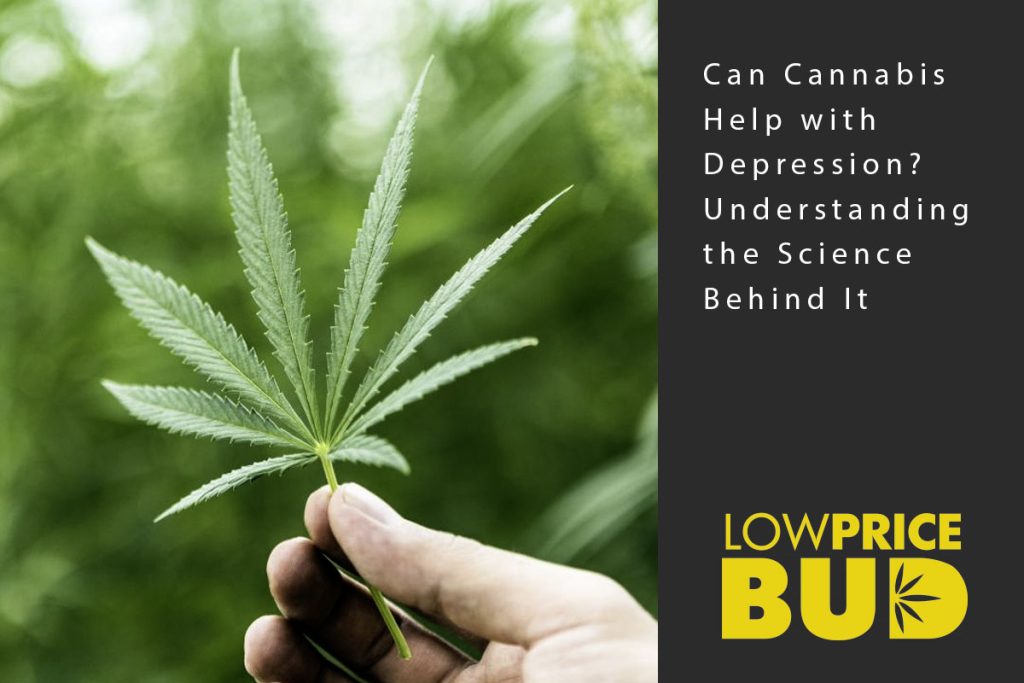
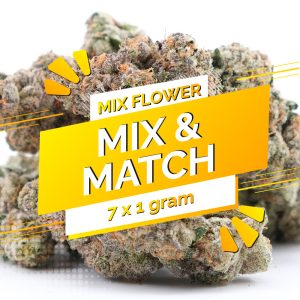
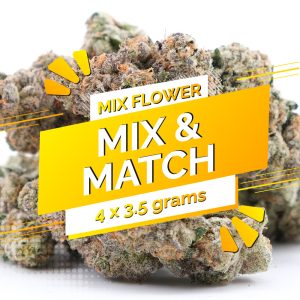
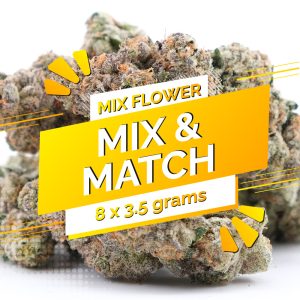
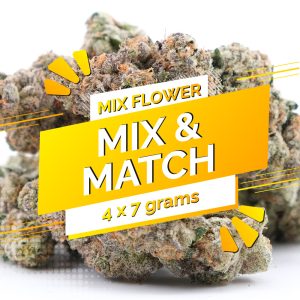
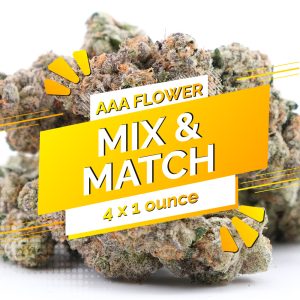
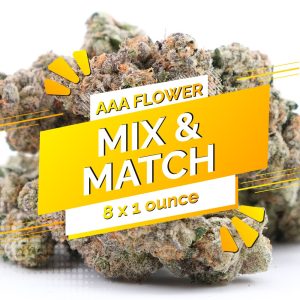
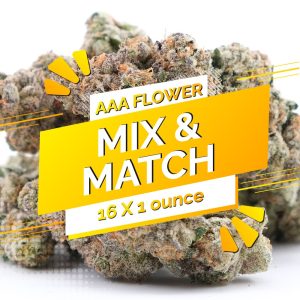
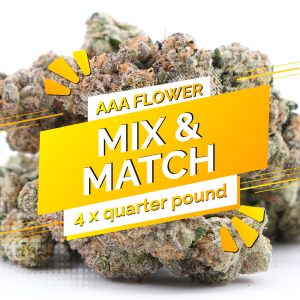
Awesome deals, great prices and variety , more often satisfied then not